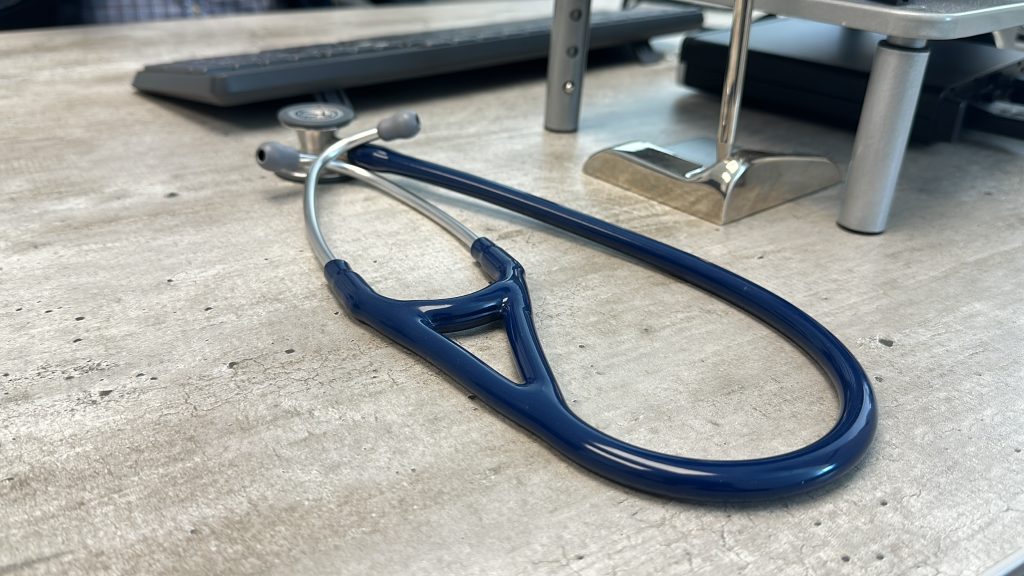Premature babies have a high mortality risk until they turn 36

Posted December 4, 2024 11:29 am.
Babies born prematurely have a higher risk of dying compared to babies born full-term not only during their first years of life, but up to age of 36, according to new study.
This confirms that prematurity impacts all organs and shows that the increased risk of death does not dissipate after the first few years of life, explained Dr. Marc Beltempo, a neonatologist from the Montreal Children’s Hospital.
“We see that premature babies have a risk of death almost three times higher than full-term babies in the one to five age group, and that is really attributable to babies who are extremely premature,” he said.
“But we also see that premature babies who survive to adulthood still have almost 30 per cent more risk of death than someone who is born at full-term.”
The researchers analyzed a cohort of around five million live births that occurred in Canada between 1983 and 1996. Just under seven per cent of these births were premature births.
The subjects were followed until 2019, for a period ranging from 23 to 36 years.
Preterm births were classified into gestational age subcategories: 24-27 weeks, 28-31 weeks, 32-33 weeks, and 34-36 weeks, and compared to full-term births, 37-41 weeks.
The researchers found an association between prematurity and an increased risk of death in all age groups up to 36 years, with the highest risks observed from birth to infancy (zero-11 months) and early childhood (one to five years).
The study also highlighted increased risks of mortality from several causes such as disorders of the respiratory, circulatory, and digestive systems; diseases of the nervous, endocrine, and infectious systems; cancers; and congenital malformations.
Dr. Beltempo said the risk of death between the ages of 30 and 40 is very low from the outset.
“A rise of about 30 per cent may look significant on paper,” he said, “but at the same time, the basis risk is not very high, but it’s still a difference that is significant.”
Premature babies will therefore carry a higher risk of various health problems, he added. In concrete terms, instead of starting to screen for hypertension at 40 or 50, it might be relevant to do it earlier in a patient born prematurely.
“A study in Sweden showed that the cardiovascular risk is much higher in former premature babies than in non-premature babies,” said Dr. Beltempo. “We should therefore adapt our recommendations regarding cardiovascular risk to integrate the concept of prematurity.
The researchers say that prematurity can become a risk factor which would justify a different screening strategy for various health problems.
In the 1980s, approximately one in two babies born after 24 weeks of pregnancy died in the days following delivery, noted Dr. Beltempo. Today, we are talking about 75 per cent of babies born at 24 weeks who survive until they’re discharge.
The data concludes that anyone born prematurely, and even very prematurely requires special care.
“The first cohorts of people who survived after being born at 24 weeks date back to the 1980s or 1990s,” said Dr. Beltempo. “We need to start integrating this into follow-up recommendations. (Premature babies) are not born disabled, but their organs are immature, and we need to (take into account) this immaturity because there are good prevention strategies to give them a quality of life.”
The findings of the study were published in the medical journal JAMA Network Open.
–This report by La Presse Canadienne was translated by CityNews








